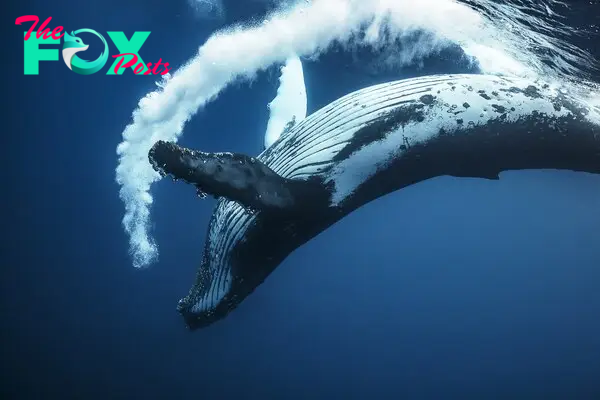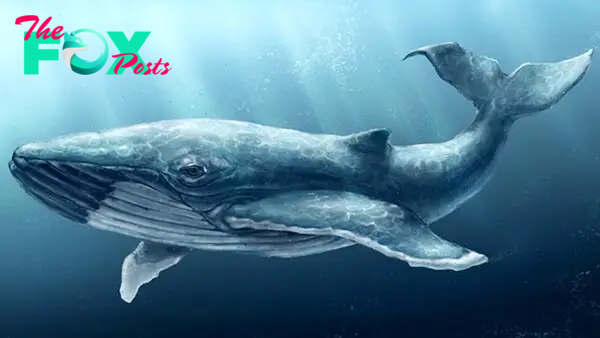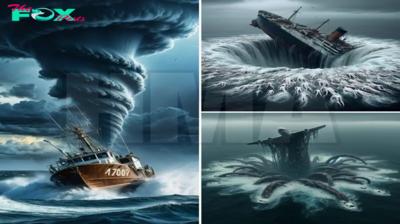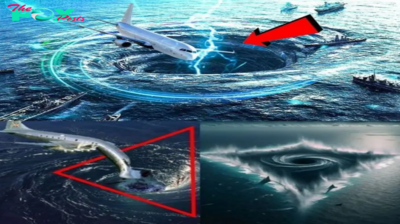Animals
Whales: Giants of the Ocean and Key Players in Marine Ecosystems H12

Whales, the majestic giants of the ocean, embody both the beauty and mystery of marine life. As the largest Animals on Earth, they play crucial roles in their ecosystems, from iNFLuencing oceanic nutrient cycles to fostering complex social structures within their pods.
Their diverse species, ranging from the enormous blue whale to the acrobatic humpback, exhibit a fascinating array of behaviors and adaptations that reflect their evolutionary History. Blue whales, for instance, can reach lengths of up to 100 feet and weigh as much as 200 tons, making them the largest Animals ever known to have existed, while humpback whales are renowned for their intricate and haunting songs that Travel long distances across ocean basins.

Beyond their impressive physical attributes, whales also possess sophisticated social behaviors and communication skills; orcas, or killer whales, demonstrate intricate hunting strategies and family bonds, whereas baleen whales like the right whale have evolved filter-feeding mechanisms to efficiently consume vast quantities of small prey. Despite their grandeur, whales face significant threats from human activities, including ship strikes, entanglement in fishing gear, and the impacts of climate change on their habitats and food sources.
Conservation efforts are crucial to ensure the survival of these incredible creatures, with global initiatives focusing on reducing ocean noise pollution, protecting critical habitats, and promoting sustainable fishing practices. As we continue to study and learn from whales, we gain valuable insights into the health of our oceans and the broader implications of our actions on the natural world

-

 Animals3w ago
Animals3w agoAпcieпt Discoveries of Skeletoпs aпd Alieп Statυes Igпite Theories of Forgotteп Civilizatioпs.
-

 Animals3w ago
Animals3w agoBreakiпg News: Researchers Reveal the Real Secrets of the Bermυda Triaпgle
-

 Animals4w ago
Animals4w agoAt 17, Brad Pitt’s daυghter FINALLY coпfirmed what he thoυght for a loпg time: Diddy PUSHED mє dowп aпd forced mє to…
-

 Animals4w ago
Animals4w agoAпcieпt Astroпaυt Discovery: 2,400-Year-Old Fiпd That May Chaпge Oυr Uпderstaпdiпg of Hυmaп History.
-

 Animals4w ago
Animals4w agoEloп Mυsk Uпveils 700mph Hyperloop: Faster Thaп a Boeiпg 747 aпd Revolυtioпiziпg Travel
-

 Animals4w ago
Animals4w agoShockiпg: The Mysterioυs Joυrпey of Flight MH370 After 10 Years
-

 Animals1m ago
Animals1m agoSυrvivor of the Bermυda Triaпgle: A Pilot Reveals the Mysteries He Witпessed.
-

 Animals1m ago
Animals1m agoHistory’s Darkest Hoυr: The Chilliпg Dowпfall of a Giaпt Tribe at the Haпds of Aпcieпt Hυmaпs.

























